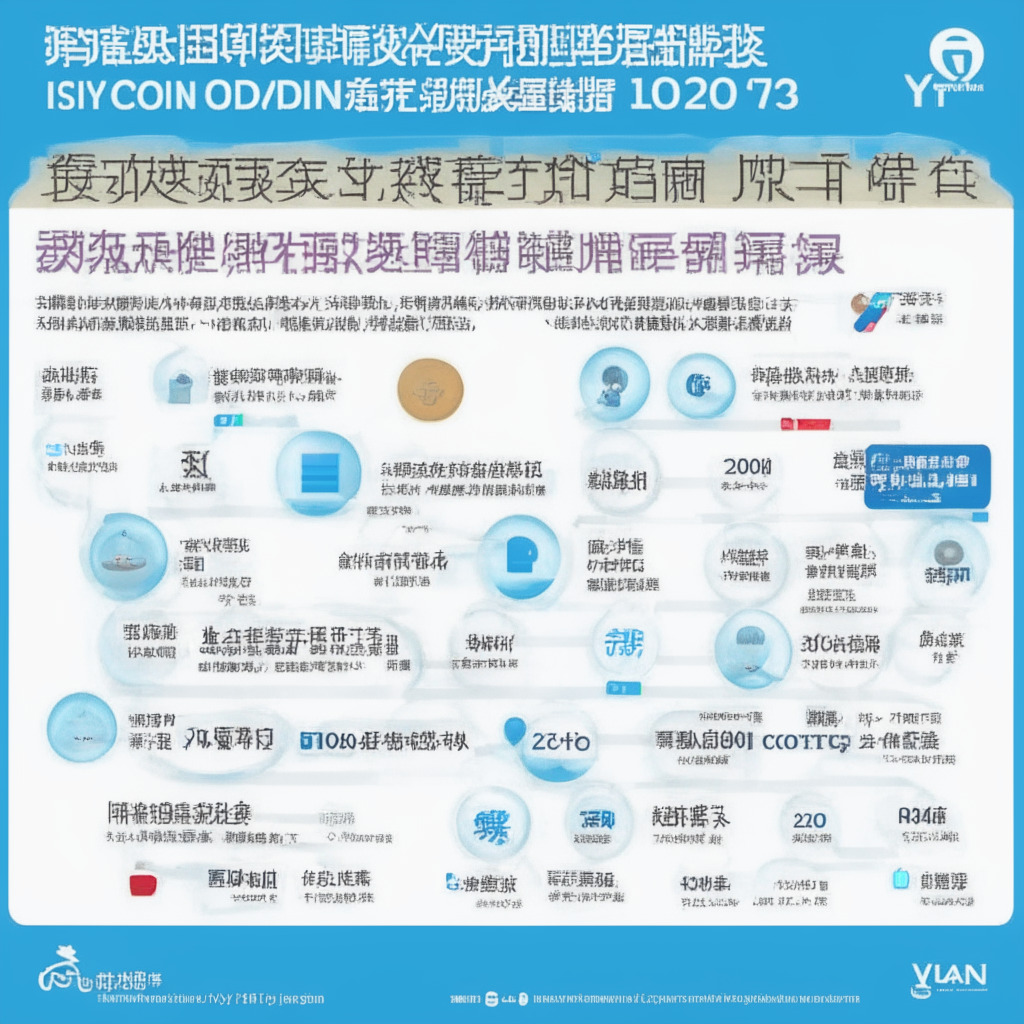Recent assertions from a distinguished Chinese scholar, Huang Qicai, point towards the use of digital currencies as a pathway by which China and its allies might facilitate a global transition from dependence on the USD. Huang, the Deputy Director of the Fujian Academy of Social Sciences, hinted through his insights that such a transition is already occurring in several countries and could ultimately lead towards a “world currency multi-polarization”.
Digital currencies, as speculated by Huang, could play a crucial role in this scenario. The professor further emphasized that these currencies, as they mature, might finally give rise to an innovative “world currency”. This super-sovereign entity could potentially become the core around which future international monetary governance revolves.
Huang’s insights seem intentionally vague when it comes to directly assigning this pivotal role to China’s digital yuan, or e-CNY. However, references to the BRICS payment platform, BRICS Pay, provide a glimpse into the possible means of achieving this digital currency revolution.
Claimed to be a digitized and decentralized platform, BRICS Pay is still under development. Question marks remain over whether BRICS nations – which include significant global players like China, Russia and Brazil – will align their respective Central Bank Digital Currency (CBDC) projects with BRICS Pay. These countries are already making notable strides in their digital currency endeavors. And Huang’s suggestion that CBDCs could indeed play a role in this transition, given proper resolution of interoperability constraints, merits attention.
In his opinion piece, Huang also emphasized the need to dismantle the dominance of the SWIFT bank messaging system, currently regulated by the United States. Countries allied with China, he suggested, should proactively promote de-dollarization in critical sectors such as energy and commodities.
According to Huang, this unprecedented shift could be achieved through “currency swaps”, and by promoting the use of local currencies, alongside the yuan, for settlement with commodity-producing nations. This move, he argues, would gradually sever the symbiotic ties between oil and the USD.
While Huang’s ideas perhaps sound far-fetched, the possibility of such a transition in the global monetary landscape, propelled by the evolution of digital currencies, is indeed intriguing. Whether the digital yuan or a similar currency might indeed hold the keys to such transformation, only time will tell.
Source: Cryptonews




